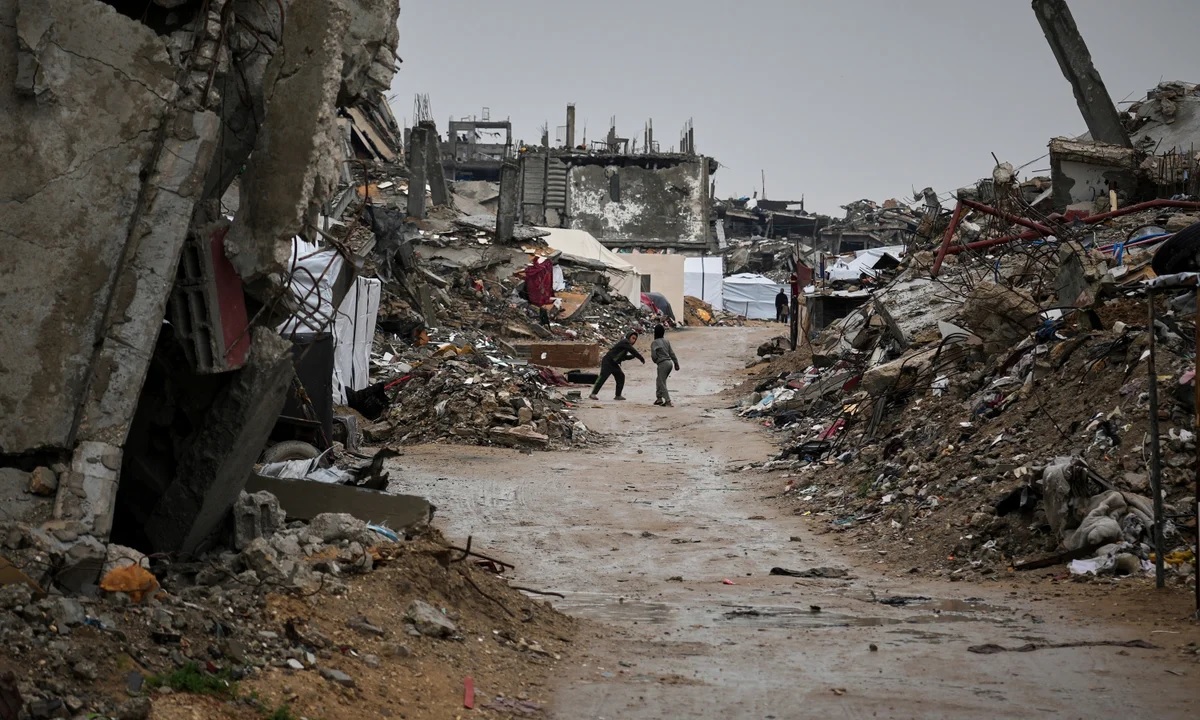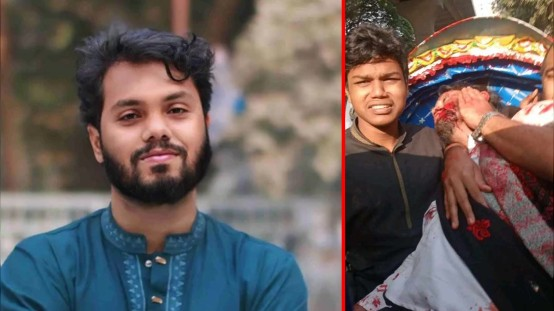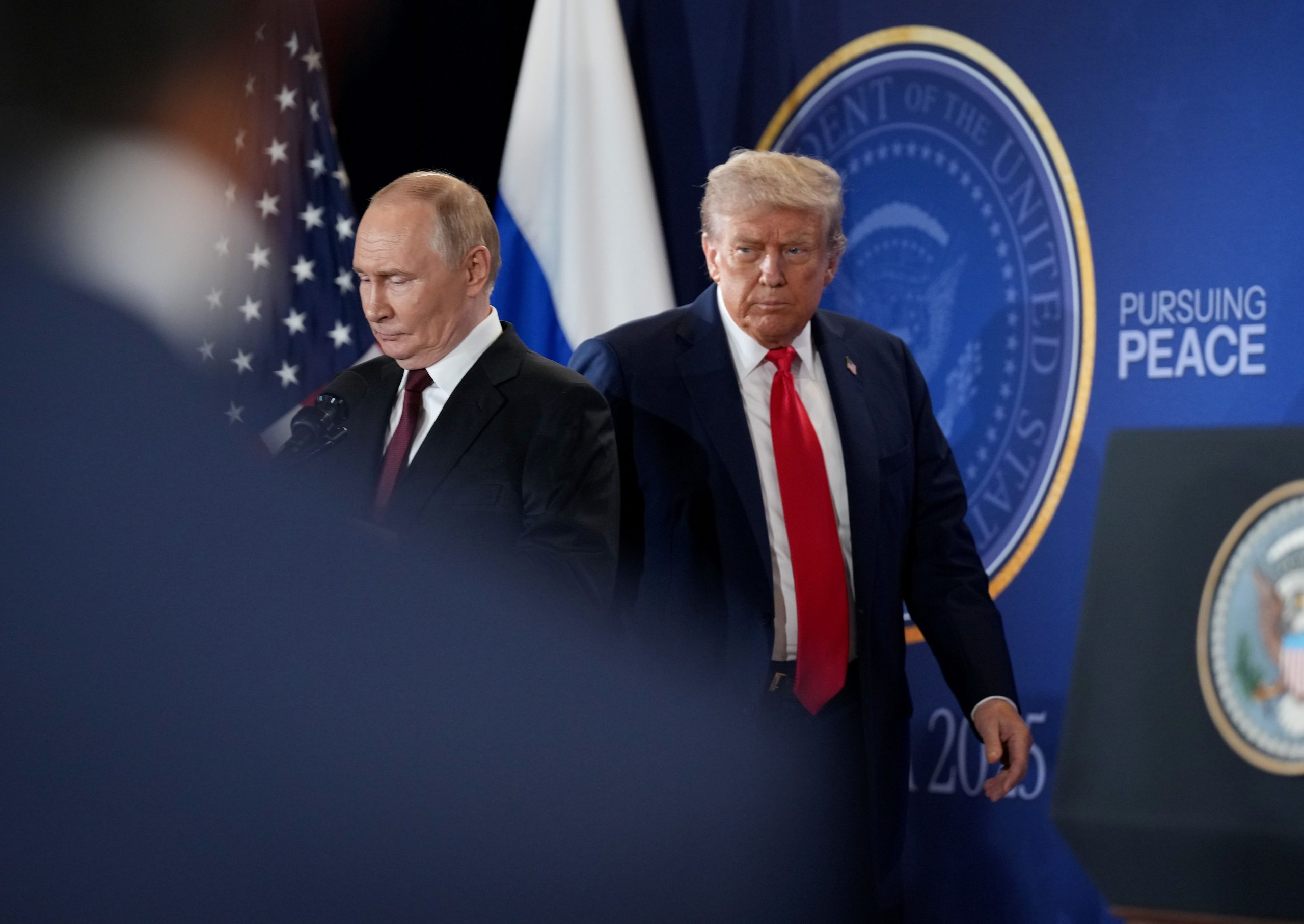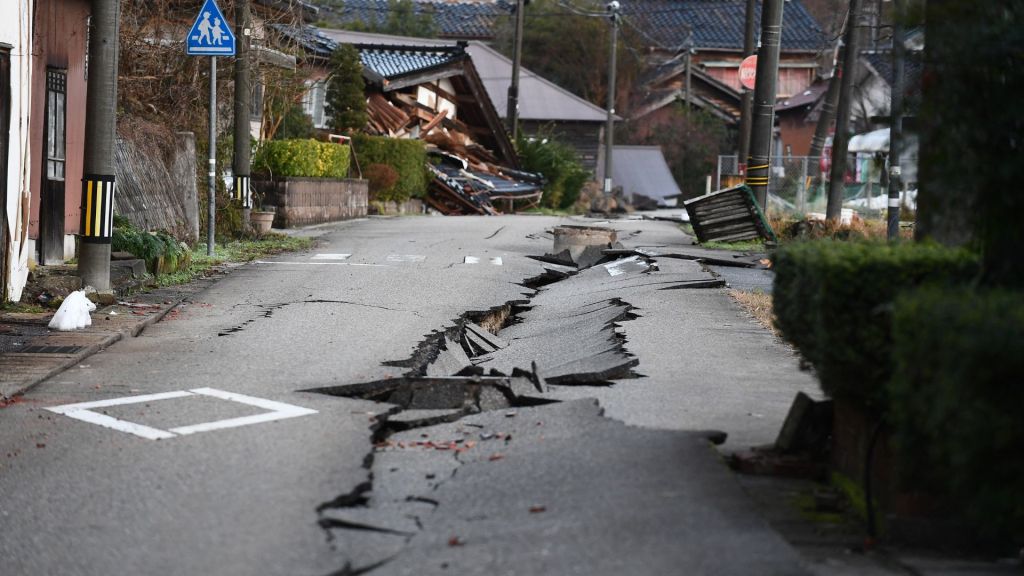CEASEFIRE TALKS STALL AS NEW STRIKES HIT GAZA BORDER ZONES

Mounting diplomatic pressure but no breakthrough
Negotiators from the United States, Egypt and Qatar failed to secure a new ceasefire framework on Thursday, as fighting along Gaza’s southern corridor intensified. Diplomats involved in the talks said progress collapsed late in the evening after both sides rejected proposals on prisoner exchanges and humanitarian guarantees. Israel signaled it could not accept what it described as “open-ended pauses” without verifiable mechanisms to block militant regrouping. Palestinian representatives argued that any meaningful agreement must include unrestricted aid and commitments to protect displaced civilians trapped near the Rafah buffer zone.
The stalled negotiations come amid renewed air and drone strikes around key border areas. Local medical coordinators reported dozens of casualties and a surge of wounded arriving at field clinics already struggling with supply shortages. Aid groups warned that fuel rations for hospital generators are running dangerously low, threatening intensive-care units and sterilization facilities. Satellite imagery reviewed by analysts showed long queues of families attempting to move toward designated “evacuation alleys,” although many of those corridors remain heavily damaged or intermittently closed.
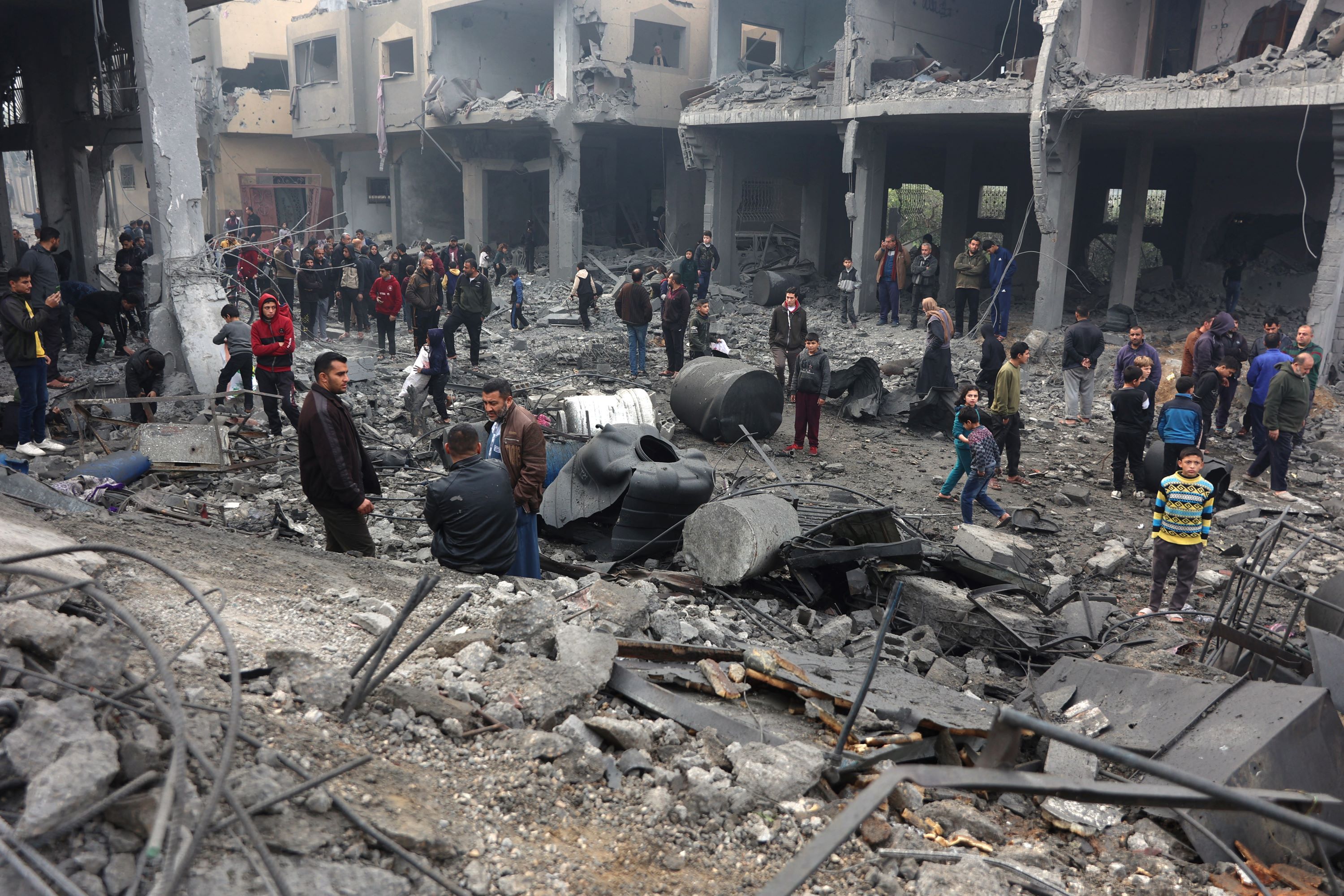
Diplomats say political pressure is mounting on all parties to deliver at least a short pause before the next regional summit in Cairo. European governments have been pushing for a structured aid mechanism, arguing that fragmented approvals have crippled relief operations. Meanwhile, US envoys privately expressed frustration that the latest proposals—described as “narrow but workable”—were dismissed within hours. Egyptian officials, who have acted as the primary conduit between delegations, now fear that without a breakthrough soon, military operations may expand northward again.
For civilians, the diplomatic deadlock comes with immediate consequences. Families living in makeshift shelters said they have received only sporadic food deliveries in recent days. Water access remains inconsistent as repairs to the main desalination pipeline have been repeatedly interrupted. Market prices for basic items such as bread and eggs have tripled in some neighborhoods, leaving residents dependent on aid parcels that cannot keep pace with demand. Many Gazans interviewed by aid monitors said they were losing hope that negotiations would produce “relief that lasts more than a few days.”
With no date set for the next formal session, mediators are attempting to extract small steps—such as medical evacuations or fuel deliveries—that might rebuild trust. But officials admit the gap between military and humanitarian objectives remains wide. Analysts warn that unless a ceasefire outline is revived soon, the conflict risks hardening into a months-long cycle with escalating regional spillover.


